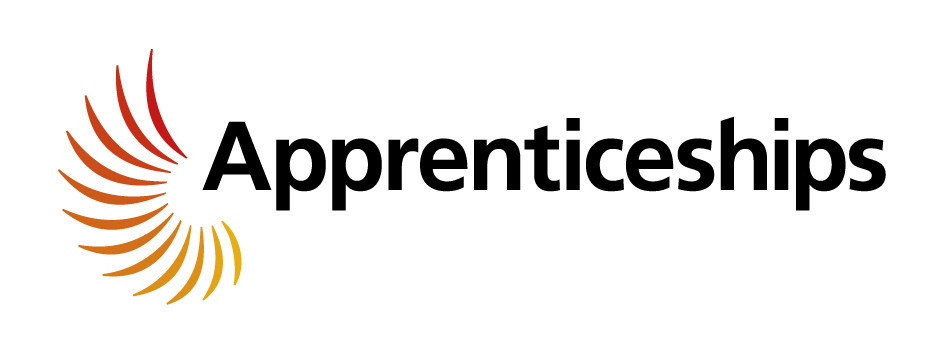Course Overview
From the start of this course, as we look beyond the surface of life, you will glimpse the astoundingly intricate systems and processes that underpin the existence of even the simplest organism: this sense of awe is reason enough to study biology. Everyone is curious to know about the workings of the human body, but there is also a multitude of living things on which we depend as part of our environment.You will gain an understanding of a range of careers where a grounding in biology or in science generally is beneficial. Most students who take this course aspire to work in health care or primary teaching.Our GCSE English and GCSE Maths qualifications can usually be taken concurrently with GCSE Biology. Click on the links to?find out more about them?and how to enrol.
What will I learn?
You will study seven topics that together form a framework of the key ideas that underpin biology:
- Cells – structure, division and transport
- Organisation: systems in humans and plants
- Infectious diseases
- Energy: photosynthesis and respiration
- Coordination in humans and plants
- Inheritance, variation and evolution
- Ecology: organisms living with each other
Study, Assessment and Qualifications
This is the same course as is studied in schools at Key Stage 4 but completed in a single academic year. You will have to cover some topics through individual study away from classes, guided by the course book.
The assessment for this course is entirely through two 1¾ hour written exams taken at the end of the course, one covering each half of the course.
This course leads to a GCSE qualification in biology.
A GCSE in a science subject is an essential requirement for several vocational areas, in particular further study for some branches of nursing and for primary teaching. This course is also ideal for students wishing to progress onto our Access to Higher Education course, opening the way to further progress into study at University Level.
Entry Requirements
There are no formal entry requirements for this course; however, in order to succeed in one year, you will need to start with a level of knowledge of biology and scientific working roughly equivalent to the end of Key Stage 3 (school year 9). You can get a sense of what that level looks like by visiting the Key Stage 3 biology pages of BBC Bitesize.
Additional Costs and Information
All necessary practical materials and class handouts will be provided, with books and advice also available in the LRC. Personal protective equipment is supplied, but a few students buy their own lab coat.
You will be required to provide and bring your own stationery, including a calculator, and a laboratory notebook (available from the college shop for £1). You will also need to buy a copy of the course text book (AQA GCSE Biology, third edition, published by Oxford University Press [ISBN 978-0-19-835937-1] at about £20). More details will be given when you apply.






